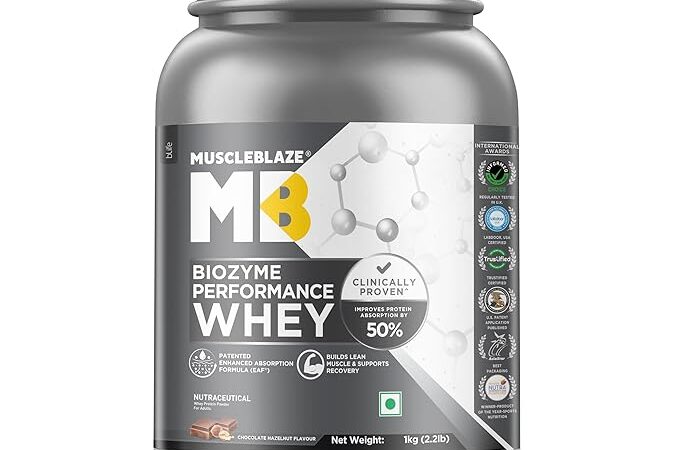Should You Avoid Pineapple During a Heatwave?

When summer temperatures soar and heatwaves become the norm, our eating habits often shift. Hydration becomes a priority, and cooling foods take center stage. But what about pineapple?
Known for its refreshing taste and tropical flair, pineapple seems like the perfect summer fruit.
Yet, many people wonder: Does pineapple increase body heat? Can it cause acidity or dehydration in extreme weather?
Let’s explore what modern science, traditional medicine, and practical nutrition say about pineapple during hot weather-so you can make the best choice for your health.
Is Pineapple a Heat-Inducing Fruit?
In Ayurveda, pineapple is classified as Ushna, meaning it has a warming effect on the body. This is linked to its influence on the Pitta dosha, which governs heat and metabolism, making it a fruit that can increase internal body warmth-especially noticeable during hot weather.
From a nutritional perspective, pineapple is rich in bromelain, an enzyme that aids protein digestion and supports overall digestive health. However, bromelain can sometimes irritate the mouth or increase stomach acidity, particularly if you’re dehydrated or consume large amounts.
For instance, eating a large bowl of pineapple on an empty stomach during a heatwave may leave you feeling flushed, trigger mild heartburn, or cause an upset stomach.
Why You Might Want to Limit Pineapple During a Heatwave
1. It May Increase Body Temperature
Pineapple is among several body-heating fruits. When consumed in excess, it can leave you feeling warmer or even induce mild heat rashes in heat-sensitive individuals.
This effect is particularly noticeable during hot, dry conditions, when your body is already working hard to regulate its temperature.
2. Can Trigger Acidity or Heartburn
Pineapple has a naturally acidic pH (around 3.5), which means it can trigger acid reflux, especially in people prone to gastric issues or those consuming it alongside spicy foods.
3. Acts as a Mild Diuretic
Because of its diuretic effect, pineapple may increase urination, contributing to fluid loss. During a heatwave, when your body is already losing water through sweat, this could potentially cause dehydration if you’re not careful.
Pro Tip: Always drink extra water before and after eating pineapple during summer months.
4. Possible Allergic Reactions
Some people are sensitive to bromelain, especially when the fruit is overly ripe. This can result in an itchy tongue, mouth, or mild swelling-reactions that feel worse when your body is already stressed from the heat.
✅ When Is It Okay to Eat Pineapple in Summer?
Not everyone needs to cut out pineapple completely. If you’re healthy and well-hydrated, you can still enjoy pineapple in moderate quantities, especially when combined with cooling foods.
How to Safely Eat Pineapple During a Heatwave:
- Eat small portions (no more than 1/2 cup at a time)
- Avoid eating it on an empty stomach
- Pair it with yogurt, mint, or cucumber to balance the heat
- Drink water before and after to stay hydrated
- Consume it in the morning or evening, not during peak heat hours
Health Benefits of Pineapple (Even in Hot Weather)
Despite the warnings, pineapple offers many summer health benefits, especially when consumed correctly.
- High in water content (about 86%) – helps with summer hydration
- Rich in Vitamin C – boosts immune system and fights heat-induced fatigue
- Contains antioxidants – helps combat inflammation and oxidative stress
- Supports digestion – thanks to bromelain, especially after protein-rich meals
Pineapple can actually help reduce summer bloating and improve gut health when eaten alongside other cooling fruits.
Who Should Avoid Pineapple During a Heatwave?
Certain groups may experience more intense side effects from pineapple in hot weather:
- Pregnant women, especially in the first trimester (may trigger uterine contractions)
- Individuals with gastritis, ulcers, or chronic acid reflux
- People prone to heat boils or rashes
- Children with sensitive digestive systems

If you fall into any of these categories, consider safer, cooling fruit alternatives like watermelon or coconut water.
Best Fruit Alternatives During a Heatwave
If you want to stay cool and hydrated, here are some excellent fruit options that help reduce body temperature:
| Cooling Fruit | Benefits |
| Watermelon | Rich in water, flushes out toxins |
| Coconut Water | Natural electrolyte balance |
| Sweet Lime (Mosambi) | Gentle on digestion, high in Vitamin C |
| Cucumber | Reduces body heat, high in water |
| Oranges | Hydrating and energizing |
| Papaya (in moderation) | Improves digestion, cooling effect |
These are all ideal fruits for summer heat and are generally safe for most people.
Frequently Asked Questions (FAQs)
1. Can pineapple cause heat boils or skin rashes?
Yes, in heat-sensitive individuals, eating large amounts of pineapple may result in heat boils, skin inflammation, or acne-like symptoms due to increased internal heat.
2. Is canned pineapple safer during summer?
Not necessarily. Canned pineapple often has added sugar and preservatives, which may worsen acidity and body heat effects.
3. Can pineapple juice be consumed in a heatwave?
Yes, but dilute it with cold water and avoid drinking it during peak sunlight hours. Adding mint or lemon can help reduce the heat effect.
4. Does pineapple raise body temperature?
For some people, especially those prone to heat, yes. It’s best to monitor how your body reacts.
5. Should kids eat pineapple during summer?
In small amounts and with sufficient water intake, most children can enjoy pineapple. Avoid giving it when they’re overheated or dehydrated.
Conclusion
Pineapple isn’t necessarily off-limits during a heatwave, but it’s not a “free-for-all” fruit either. While it provides hydration and digestive support, it also carries heat-inducing and acidic properties that can affect sensitive individuals.
If you’re healthy, hydrated, and practice moderation, there’s no reason to avoid pineapple entirely. But if you’re feeling overheated or dealing with acidity, reach for cooling fruits like watermelon, sweet lime, or cucumber instead.
Listen to your body. Your summer diet should cool, nourish, and energize you-not leave you sweating more than the sun already does!
Recommended – Is It Safe to Eat Honey During Pregnancy?






